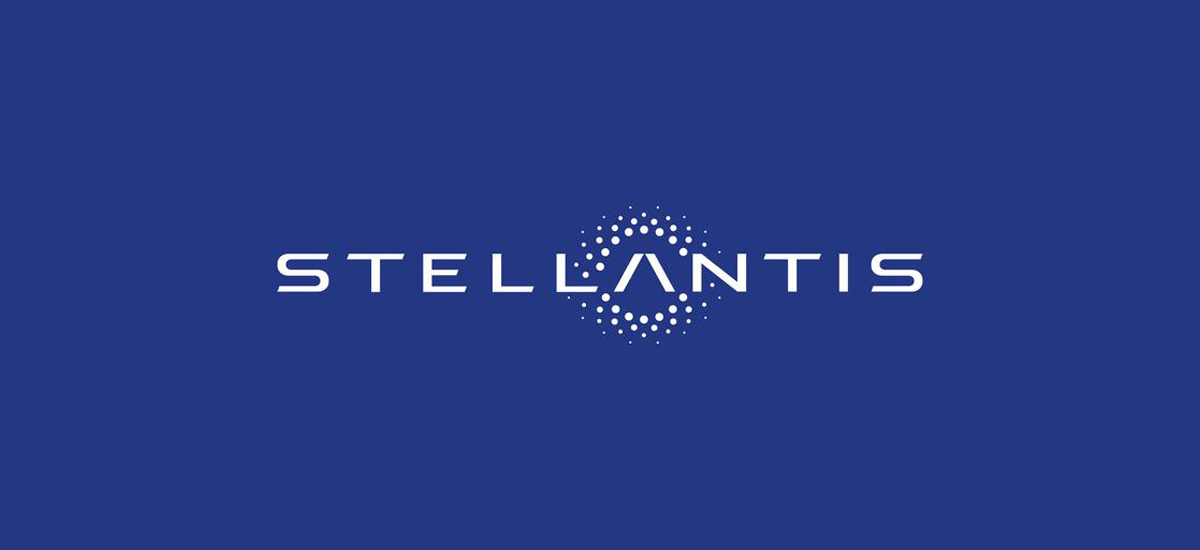
 Your Credit Estimate
Your Credit Estimate
 Your Credit
Your Credit
Your zip code helps us provide you with the most accurate vehicle pricing and vehicle availability.
We estimate your credit score to give you an idea of your monthly payments. To get an accurate payment amount, complete our credit application by clicking the Start Credit Application button below.
start credit application
Have automakers taken a big risk by going electric? That was one question we posted earlier this year (January 2024), and a lot of people who work with numbers and projections for consumer demand think automakers may find their battery-electric vehicle (BEV) offerings will fail. Sales numbers claim they’ll do just fine. So, why the increased interest in hydrogen fuel cell vehicles (HFCVs)? Just a few months after Stellantis announced “Stellantis Pro One”, its commercial vehicle-focused group, the company is launching new hydrogen-powered mid-size and large vans in Europe.
Could hydrogen fuel be the new propulsion system to push automakers to the next level? There has been a lot of debate over hydrogen fuel cell vehicles over the years, but that doesn’t seem to be stopping anyone. Big automakers like the Hyundai Motor Group (HMG) and Kia are looking into hydrogen power, and Stellantis already announced a new generation Ram HD truck that will be an HFCV. Both auto groups have already entered into agreements with third-party companies to produce and secure hydrogen fuel source power modules, such as HMG/Kia and Next Hydrogen and the joint venture between Stellantis, Forvia, and Michelin to form Symbio, the company in charge of the SymphonHy gigafactory for hydrogen fuel cell production.
Circling back to Stellantis Pro One, just formed in October 2023, the name may not be familiar just yet. In the coming years, Stellantis Pro One will become known as a powerful commercial vehicle group. Stellantis Pro One already has plans to launch a whole lineup of HFCVs. The company already has plans to launch compact vans to Mangualde (Portugal), Vigo (Spain), and Ellesmere Port (UK); mid-size vans to Hordain (France) and Luton (UK); and large-size vans to Atessa (Italy) and Gliwice (Poland).
We already know Stellantis is working on new STLA Platforms for its upcoming Dodge and Jeep models, flexible enough to underpin different vehicle sizes with various propulsion systems. The Kia Corp replaced its UVO infotainment system with Kia Connect, already available in the Kia EV9. Kia has also entered into a partnership with Uber to provide the ride-hailing platform with platform-based vehicles and design enhanced data connectivity for commercial fleets and the companies that use them. It would seem hydrogen fuel cells and commercial fleets are becoming the next big focus in the auto industry.
“The action to bring hydrogen fuel cell mid-size vans and add fuel cell large vans to our production lines is a proof point of our commitment to maintain the lead in cutting-edge hydrogen technology and make it available to our most demanding customers…The skills and dedication of our engineering and operational teams are essential as we pursue the ambitions of Dare Forward 2030 and maintain the lead in the zero-emission commercial vehicle segment.” - Jean-Michel Billig, Stellantis Chief Technology Officer, Hydrogen Fuel Cell Vehicle Development
Stellantis continues to mark forward with its Dare Forward 2030 business strategy to offer various new propulsion power systems to become carbon neutral, and eventually become a net-zero carbon corporation by 2038. These new vehicles announced for Europe already have a good outlook, with mid-size vans said to deliver a segment record range of up to 250 miles and a refueling time of less than four minutes, powered by a second-generation of the fuel cell system. The large vans boost the range capability up to 300 miles, able to refuel in just five minutes. In the face of BEVs and their 15+ minute wait times to recharge, HFCVs are going to be giving electric vehicles a run for their money if they can refuel as quickly as the modern-day gas station.
Want to keep up to date with new car tech and hydrogen fuel cell vehicles? Follow along with us on NowCar social media.